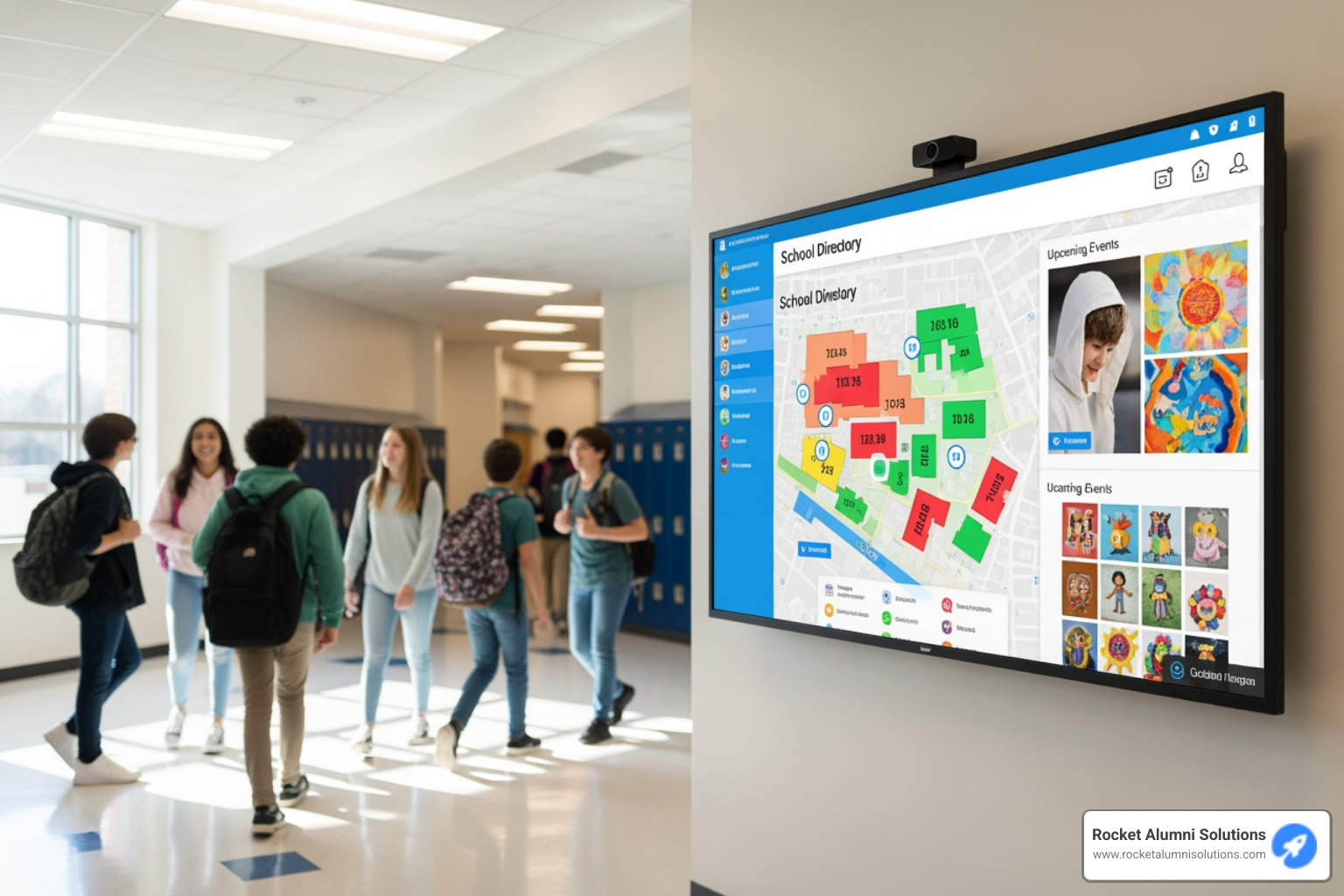The meaning of superlative is tied to the idea of achieving the highest degree or quality. It’s a way to describe someone or something as being the best, the longest, or the most incredible among others.
- Meaning: The highest kind, quality, or order.
- Usage: Expressed as the best or most of an adjective.
- Examples: Tallest, smartest, most helpful.
- Purpose: Highlights extremes or comparisons.
When we use the term "superlative," we're often talking about something outstanding or ranking above all else. The word comes into play both in everyday speech and grammar. In grammar, a superlative adjective succinctly captures this sense of the utmost degree, like saying that a cheetah is the "fastest" animal in the zoo, setting it apart from all others.
Superlatives serve a key role in communication. They help us express enthusiasm, superiority, and distinctiveness. Whether you’re talking about the tastiest ice cream or the tallest building, superlatives spotlight exceptional qualities.

The meaning of superlative vocab to learn:- adjectives and superlatives- superlatives in spanish- class superlatives
The Meaning of Superlative
The meaning of superlative revolves around the idea of reaching the highest level or degree of something. In language, a superlative is used to describe someone or something that stands out as the best, the worst, or the most extreme in a group.
Superlative Definition and Usage
- Definition: A superlative signifies the highest degree or quality of a characteristic.
- Usage: Superlatives are often used to highlight the most or least of an adjective.
- Examples: Words like tallest, smartest, and most helpful are superlatives.
In grammar, superlatives play a crucial role. They allow us to express the utmost degree of a quality. For instance, when you say "She is the kindest person I know," you're using a superlative to convey that her kindness surpasses that of anyone else you know.
How Superlatives Work
Superlatives often use the suffix "-est" for short adjectives or the word "most" for longer adjectives. For example:- Short Adjectives: Fast becomes fastest.- Long Adjectives: Interesting becomes most interesting.
Here’s a quick rundown of how they function in sentences:- Comparison: Superlatives compare three or more items, indicating which has the highest degree of a certain quality.- Emphasis: They emphasize the extremity of a trait, making communication more vivid and engaging.
In everyday conversation, superlatives help us articulate our thoughts about the world around us. Whether noting that a movie was the funniest ever or that a view is the most breathtaking, superlatives add color and clarity to our descriptions.

By understanding and using superlatives, we can more effectively express our opinions and observations, making our communication both precise and engaging.
How to Form Superlative Adjectives
Forming superlative adjectives is straightforward once you know the rules. Let's break it down into three main categories: one-syllable words, two-syllable words, and irregular forms.
One-Syllable Rules
For most one-syllable adjectives, simply add -est to the end. Here’s how it works:
- Warm becomes warmest
- Fast becomes fastest
- Tall becomes tallest
If the adjective ends in -e, just add -st. For example:
When a one-syllable adjective ends in a consonant-vowel-consonant pattern, double the final consonant before adding -est:
- Big becomes biggest
- Hot becomes hottest
Two-Syllable Rules
Two-syllable adjectives can be a bit trickier. For those ending in -y, replace the -y with -i and add -est:
- Happy becomes happiest
- Silly becomes silliest
For adjectives ending in -ow or -le, you can also add -est:
- Narrow becomes narrowest
- Gentle becomes gentlest
For other two-syllable adjectives, use most or least before the adjective:
- Careful becomes most careful
- Famous becomes most famous
Irregular Forms
Some adjectives don’t follow the usual rules and have unique superlative forms. These are known as irregular forms. Here are a few common examples:
- Good becomes best
- Bad becomes worst
- Far can become farthest or furthest
These irregular forms are exceptions, so it's helpful to memorize them.
By mastering these rules, you can confidently use superlatives to highlight the highest degree of a characteristic in any context. Whether you're describing the tallest building or the most exciting event, superlatives make your expressions vivid and clear.
Examples of Superlative Adjectives
Superlative adjectives help us describe things at their highest or lowest degree. They add color to language, making it more expressive.
Let's explore some examples: funniest, longest, and best.
Funniest
When something makes you laugh the most, it's the funniest.
Consider a comedy show where one comedian stands out. You might say, "That was the funniest performance of the night." Here, funniest emphasizes the comedian's superior ability to make people laugh compared to others.
Longest
The word longest describes something that has more length than anything else.
Imagine running a marathon. If it takes you longer than any race you've run before, you might say, "This was the longest run of my life." It highlights the extent of the distance.
Best
Best is an irregular superlative form of the adjective good. It expresses the highest quality.
Think about a meal at a restaurant. If it stands out among all your dining experiences, you might say, "This is the best meal I've ever had." It signifies the meal's best quality.
These examples show how superlatives bring clarity and emphasis to our descriptions, making our communication more effective and engaging. Superlatives are all about highlighting what's at the top—or bottom—of the scale.
The Role of Superlatives in Language
Superlatives play a vital role in language by helping us make comparisons and add emphasis. They bring out the extremes—whether it's the highest or lowest degree of a quality. Let's dig into how they work.
Comparison
Superlatives are essential when comparing three or more items. They allow us to say that something has the most or least of a particular quality. For example, if you have three friends and one is the tallest, you would say, "John is the tallest of the three." This use of superlatives makes it clear who stands out in the group.
Emphasis
Superlatives also add emphasis, making descriptions more vivid. When you say something is the best, worst, or fastest, you're highlighting its extreme nature. This emphasis can make your statements more engaging and memorable. Imagine saying, "This is the worst storm I've ever seen." The superlative worst captures the storm's intensity and leaves a strong impression.
Grammar Rules
Forming superlatives follows specific grammar rules. For one-syllable adjectives, we usually add "-est" to the end. For example, small becomes smallest. Two-syllable adjectives often use "most" or "least" before the adjective, like most careful. However, some adjectives have irregular superlative forms, such as good, which becomes best.
Superlatives are always preceded by "the" or a possessive word like "my" or "his." For instance, "She is the smartest student in the class."
Superlatives are not just about following rules; they add richness to our language. They help us express ideas clearly, whether we're praising the best or noting the worst.
Superlatives are powerful tools for comparison and emphasis, making our language more precise and expressive.
Frequently Asked Questions about Superlatives
What is a superlative example?
Superlatives are used to show the highest or lowest degree of a quality among three or more items. Common examples include:
- Nicest: When comparing people, you might say, "Sarah is the nicest person in the group."
- Worst: For a negative quality, you might declare, "This is the worst movie I've seen."
- Most Interesting: When something stands out for its intrigue, you could state, "This book is the most interesting of all."
These examples highlight how superlatives help to clearly identify the extremes in any comparison.
What is the biblical meaning of superlative?
In biblical Hebrew grammar, superlatives are used to express the highest degree of a quality. The construction often involves repetition or intensifiers. For instance, to say "holy of holies" emphasizes the utmost level of holiness. This use of superlatives conveys not just a comparison but a divine or ultimate degree of a quality.
What is the other meaning of superlative?
Beyond grammar, the word superlative also describes something as excellent or first-class. For instance, when you say a restaurant offers a superlative dining experience, you're praising it as being of the highest quality. This usage goes beyond mere comparison to highlight excellence in its own right.
Superlatives, whether in language or everyday descriptions, help us express extreme qualities, making our communication more vivid and precise.
Conclusion
At Rocket Alumni Solutions, we understand the power of recognition and the role it plays in building strong communities. Our digital platforms are designed to celebrate achievements and showcase excellence, much like the concept of superlatives in language. Just as superlatives highlight the highest degree of a quality, our platforms highlight the unique strengths and contributions of community members.
Our services provide user-friendly templates and social media integration, making it easy for schools and athletic organizations to recognize and share accomplishments. Whether it's the "Tech Expert" or the "Early Bird," we offer a streamlined way to honor those who stand out.
By incorporating superlative awards into your recognition program, you can create an engaging and inclusive environment. This not only boosts morale but also improves your reputation as a great place to be. Our digital recognition platforms make it simple to celebrate and inspire.
Ready to transform your workplace or community? Find how our digital platforms can help you highlight achievements and foster a culture of appreciation. Let's work together to create a space where everyone feels valued and motivated to excel.

















































































































































































































































































































